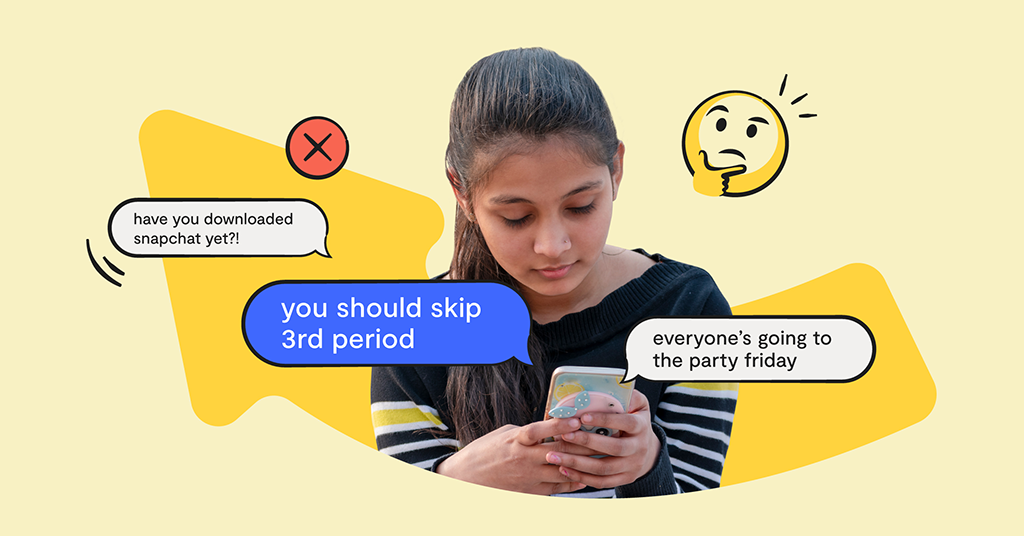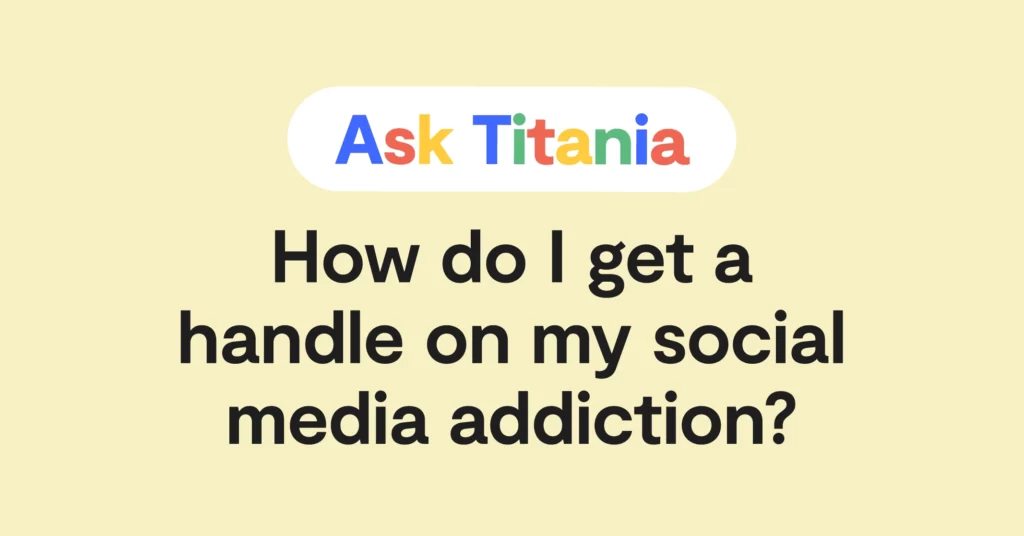
If there’s one thing almost everyone has experienced at one point in their childhood, it’s peer pressure. As kids (and even as adults), it’s hard to resist the temptation of looking “cool” in front of peers. Especially in developing years when kids are still learning what’s right and wrong, peer pressure can be an easy trap to fall into.
It’s difficult for kids to navigate, but it’s just as difficult for parents as well. How do you effectively protect your kids against peer pressure without holding their hand in every decision? Well, there isn’t one exact, easy answer. But we’ve put together some tips that can become helpful tools in your kid’s toolbox if they ever encounter pressure from their peers. Our hope is that both kids and parents will feel more confident in their child’s decision-making skills as they go through childhood!
What Is Peer Pressure?
We’ve all heard the term, but what is peer pressure exactly?
In general, peer pressure is considered to be external pressure from peers (or friends) to act a certain way or do something they wouldn’t do otherwise.
It’s worth noting that not all peer pressure is bad. Sometimes you need extra pressure from friends to do something good, like try out for the school play or sports team. Peer pressure can simply be friendly encouragement. But obviously, we’re more concerned with peer pressure that leads to wrong, dangerous, or generally ill-advised behavior.
Peer pressure can happen in a few different ways:
- Everyone else is doing it: Your child can feel pressured to take part because everyone around them is doing it. This can be because they feel like they’re missing out or because they feel like they’ll lose friends if they don’t. This type of peer pressure is more indirect.
- Someone is telling them to do it: This type of peer pressure can be more direct. A friend or classmate might be pushing your child or coercing them into doing something. This person may be threatening them or simply being overly pushy, impacting your child’s decision-making skills.
Regardless of how your child is being peer pressured, it’s important to empower them with strategies and tools to stand up for themselves.
Tips for How To Deal With Peer Pressure
1. Build trust with your child
The most important thing when it comes to navigating tricky situations with your child is to give them a safe place to turn.
If your child feels like you might get angry or judge them, they probably won’t feel comfortable confiding in you if they’re in trouble. At Bark, we like the saying, “Good kids make bad decisions.” Make sure your kid knows they’re allowed to make mistakes and you’ll be there for them no matter what.
2. Practice saying no
When it comes to peer pressure, the key is saying no. But this is often easier said than done. Standing up for what’s right, even when it’s easier to give in, is a trait we praise heroes for (think Gandhi or Rosa Parks). So we can hardly expect a child to do this easily without some instruction!
Role-playing can be a very helpful tool to give your child the confidence to say no when they’re being pressured. Take time to think up some pretend situations together and help your child practice.
3. Be a role model
Kids are like parrots — they’re always watching their parent's behavior and mimicking it, whether they realize it or not.
Consider your real-life interactions with friends and family where you had to set boundaries. These can be great opportunities to model what saying no looks like and show your child that it’s simply a normal part of interacting with others.
4. Teach them what it means to be a friend
Learning what to look for in a good friend often comes with trial and error. Most of us have experienced a bad friendship where they treated us wrong and pressured us to do things we didn’t want to do. It can be helpful to teach your child what it means to really be a friend so they can make smart choices about who they spend their time with.
Some things you can discuss include:
- Friends should share similar values
- Friends should respect your decisions
- Friends should help make you a better person.
A parent’s intuition is real and strong! Be sure you take the time to get to know your child’s friends and look for indications that they may influence your child the wrong way.
5. Discuss dangerous behavior
As a parent, it’s part of the job to teach your child what’s right and wrong. It’s important to always encourage the behaviors you want to see, and discuss the behaviors that are wrong or dangerous. These conversations will vary depending on their age.
For example, a younger child can understand that pushing other kids is bad. But an older kid or teen is likely older enough to understand the dangers of drugs and alcohol.
Another piece of advice is to tell kids to trust their gut. If something doesn’t feel right, there’s a good chance it isn’t.
Preventing Digital Peer Pressure With Bark
Peer pressure is never fun to face as a kid or parent. But luckily Bark can lend a helping hand!
Created in partnership with parents and schools, Bark helps parents monitor their children’s digital world. With Bark, parents can schedule screen time, block inappropriate sites and apps, and monitor for concerning content in texts, emails, and 30+ social media apps. Start your free Bark trial today!
Read more
Bark helps families manage and protect their children’s digital lives.





